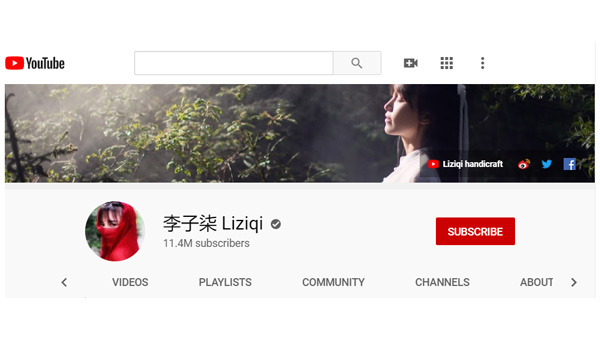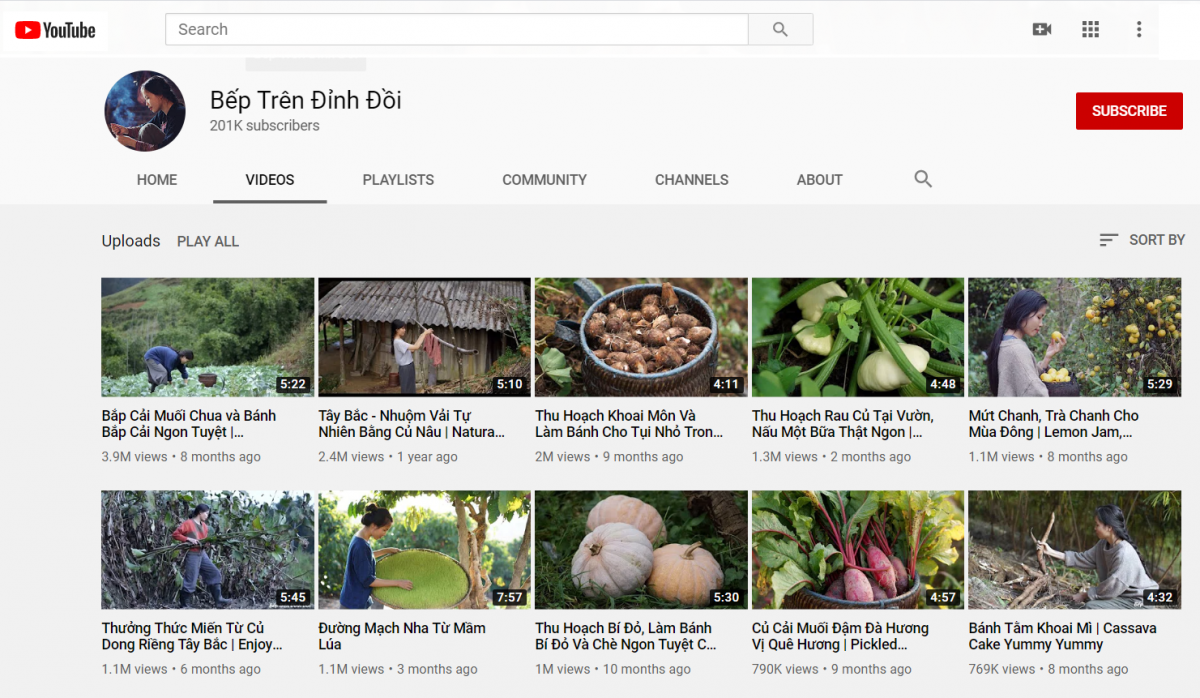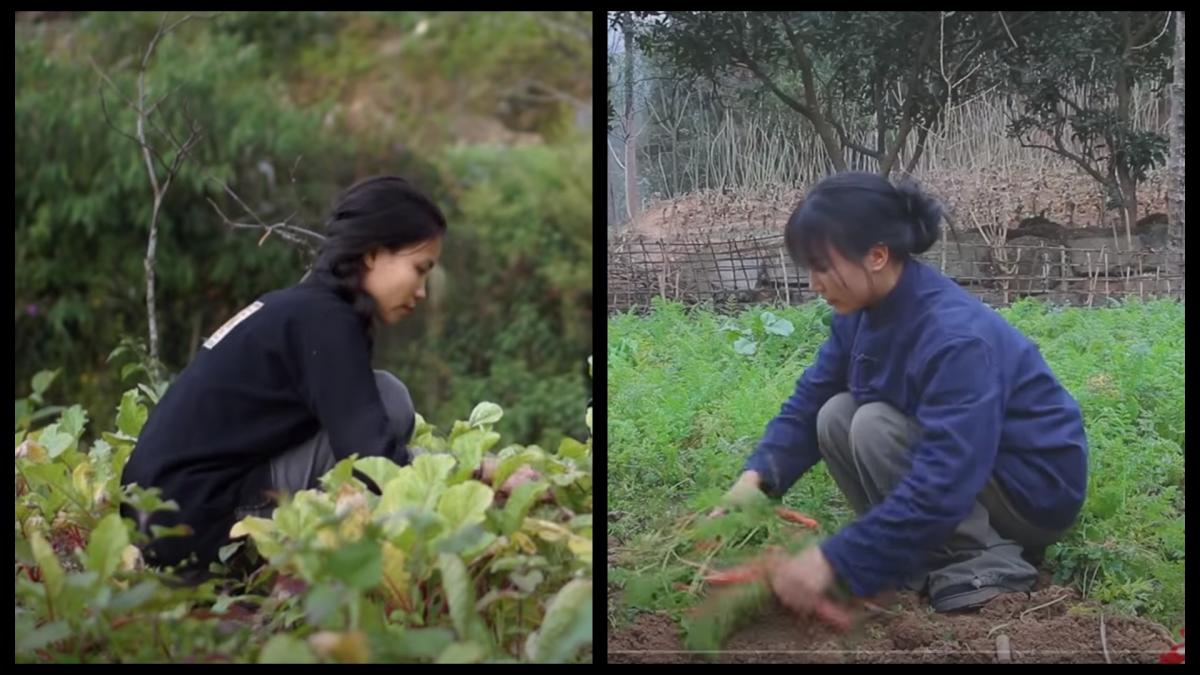Vietnamese Vlogger suspected of copying Chinese Li Ziqi

Recently, videos posted by a Vietnamese vlogger have triggered heated discussions over copyright and plagiarism on the Chinese internet.
So far, her YouTube channel, Bếp Trên Đỉnh Đồi (Kitchen on the Hill), has accumulated around 201,000 subscribers. With 8 videos recorded over 1 million views (the highest number of views is close to 4 million), the Vietnamese vlogger is no doubt a new hit, or in Chinese, a Wang Hong (internet celebrity).

But all that glitters is not gold. The comment sections of her videos are filled by accusations that she plagiarized Li Ziqi, a famous influencer of Chinese rural life. A comment under one of her most viewed videos pointed out that this Vietnamese vlogger has “full-on plagiarized” Li Ziqi.

From the video contents, to the blogger's hairstyle and clothes to the kitchen furnishings, and even the participation of grandma and puppy, every detail of the Vietnamese vlogger’s videos reminds people of Li Ziqi, who has more than 11.4 million subscribers on YouTube, and more than 2.6 million followers on Weibo.
Li Ziqi, who lives in the picturesque village of Sichuan Province in southwestern China, has been demonstrating her traditional food preparation process for making various Chinese cuisine since 2016. Her content starts with planting seeds in the field and continues all the way to the dishes on the table. Her name has even appeared in some Chinese elementary school’s final exam paper.
Li Ziqi's video not only attracts people who are curious about Chinese culture but also attracts imitators. Chinese netizens are furious with the Vietnamese vlogger for copying Li’s videos and not respecting intellectual property rights. Some fans called on Li's company to take legal action.
However, things may not be that simple…

First of all, being Youtube based outside of China and in most of cases not accessible to Chinese netizens it is hard to imagine a Chinese jurisdiction over the case.
In the substance of the case, despite the similarity of the videos, in the present case it would be hard to determine copyright infringement. Li Ziqi's videos can be categorized as cinematographic works and works created in a way similar to cinematography in the sense of Chinese Copyright Law. As the copyright owner of her videos, Li is entitled the exclusive rights to reproduce, publish, alter and distribute her videos, and can proceed against any infringement on her copyrights.
When assessing copyright infringement, the Chinese courts apply a test known as access plus substantial similarity. To put it in a nutshell, the plaintiff must prove that the defendant had access to the plaintiff’s work, and the alleged infringing work is substantially similar to the plaintiff’s work. In Li’s case, to prove the first point is easy (her videos were published earlier), but it will be much more challenging to argue substantial similarity.
Even if the viewers can conceive an obvious similarity between Li’s videos and the Vietnamese vlogger’s, the latter can still defend this similarity by proving that the similar part comes from a third party or public domain rather than the creative part of Li's video, thus there would be no infringement.
If both parties are creative with pastoralism and use similar shooting techniques to express pastoral tranquility, it is difficult to determine copyright infringement.
Perhaps, the most efficient way to protect the copyright of Li Ziqi, and many other creators faced with copycats, is to file a complaint with the platform and ask for the takedown of infringing contents. Different platforms have different policies regarding infringing content. However, compared to litigation, the standard of proof for such complaints is usually much lower.
Emma Qian
HFG Law&Intellectual Property


